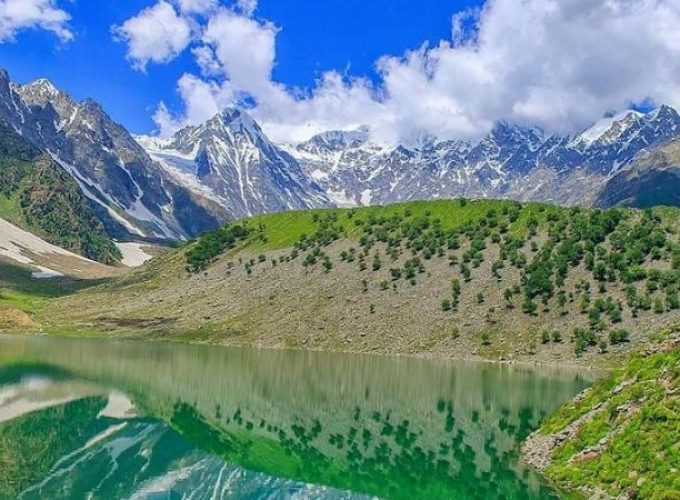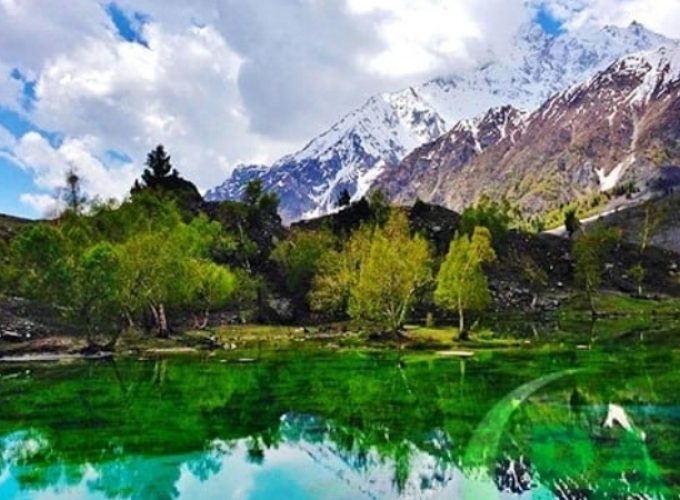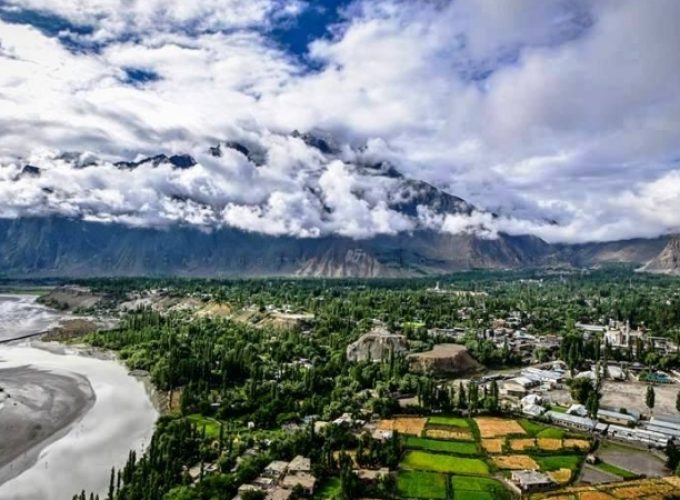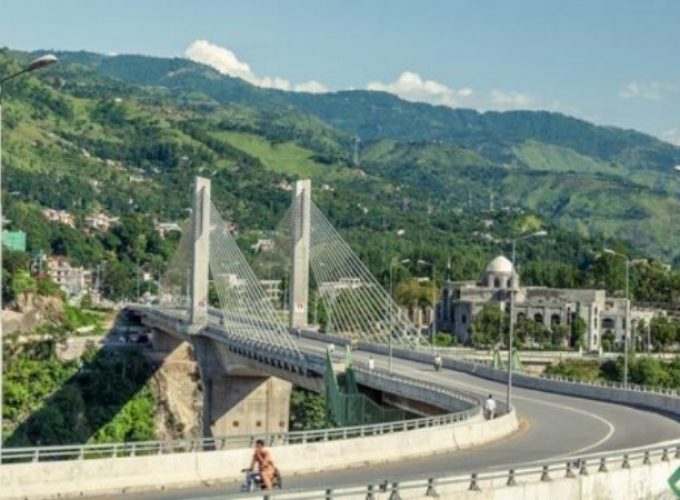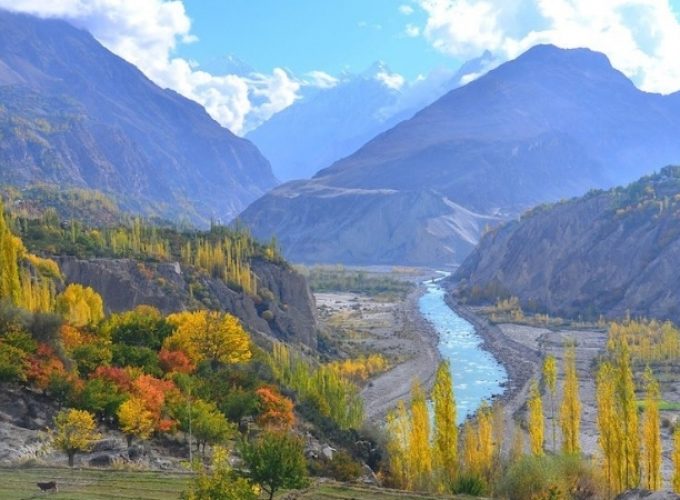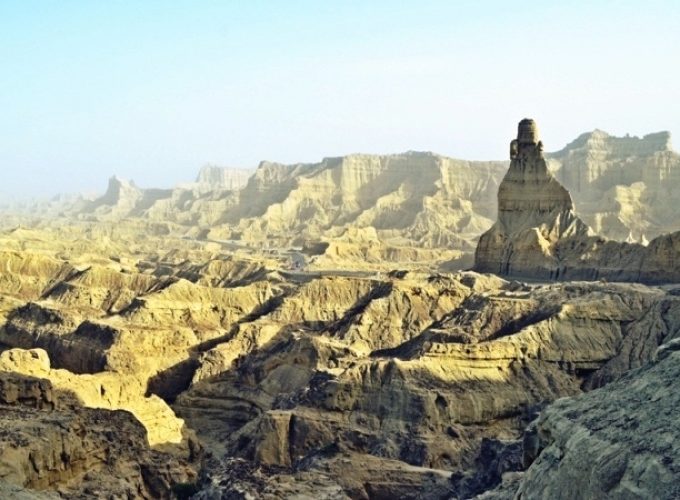The province traces its history as far back as 9000 years of Mehrgarh civilization that existed long before the Indus Valley Civilization. Archaeological sources and research reveal that farmers on the Bolan River cultivated barley, wheat and dates using floodwater and stored their surplus in large mud bins. There is also evidence of trade links with the ancient civilization of Babylon. The province owns some unique tourist attractions including national parks, historic monuments, rock formations, flora and fauna, wetlands and serene beaches along the Makran Coastal Highway. Balochistan is enormously rich in natural resources and its economy is largely based on coal mines, gold reserves, copper, natural gas, fisheries, livestock and agriculture. Road link from Iran via Taftan to Quetta and to other major cities of Pakistan and the largest international airport in Gwadar will bring phenomenal changes in the tourism sector in Baluchistan.
The name “Baluchistan” actually meant the land of the Baloch people. However, there are several other ethnic groups and the Baloch people constitute only 52% of the population, Pashtuns make up 36% while the remaining 12% of the population is comprised of smaller ethnic groups. Quetta is the capital city and Balochi & Pashtu are major languages understood and spoken while Urdu is the national and official language. Major tribes are Balochi, Pashtu, Brahui and Hazara while Sindhi, Punjabi, Uzbek and Turkman, are minor communities. Urdu and English are the official languages. Likewise, Urdu, Balochi and Pashtu are the major provincial languages understood and spoken while Urdu is the national and official language.
Currently, there is a flight connection from Karachi to Quetta and by road access from all major districts of Balochistan. Gwadar is accessible via Makran Coastal Highway and from Quetta city while the new airport in Gwadar will be connected from major airports in Pakistan and also from international destinations.

